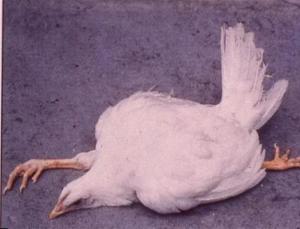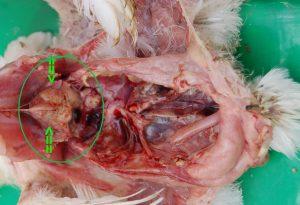
Escherichia Coli Infection: E.coli Symptoms and Prevention in Poultry 1:


Escherichia coli (E.coli) is a common bacterium that can affect poultry and cause health issues. It is essential for poultry farmers to understand the symptoms and prevention of E.coli infection to protect the well-being of their flock.
E.coli infection in poultry can lead to various symptoms, including:
Observing these signs in your poultry warrants immediate attention and action.
Implementing preventive measures can significantly reduce the risk of E.coli infection in your poultry:
If you suspect E.coli infection in your poultry or observe any unusual symptoms, it is crucial to seek immediate veterinary consultation. Early diagnosis and treatment can prevent the spread of the infection and improve the chances of recovery for affected birds.
E.coli infection can be detrimental to your poultry flock, impacting their health and productivity. By being vigilant about E.coli symptoms, practicing preventive measures, and consulting a veterinarian, you can safeguard the well-being of your poultry and maintain a thriving and disease-free environment.




©2021-2024
HKR POULTRY AGENCY & FARMS PRIVATE. LIMITED.
All Rights Reserved.
3 Responses
I need to to thank you for this very good read!! I absolutely enjoyed every bit of it. I have got you book-marked to check out new stuff you postÖ